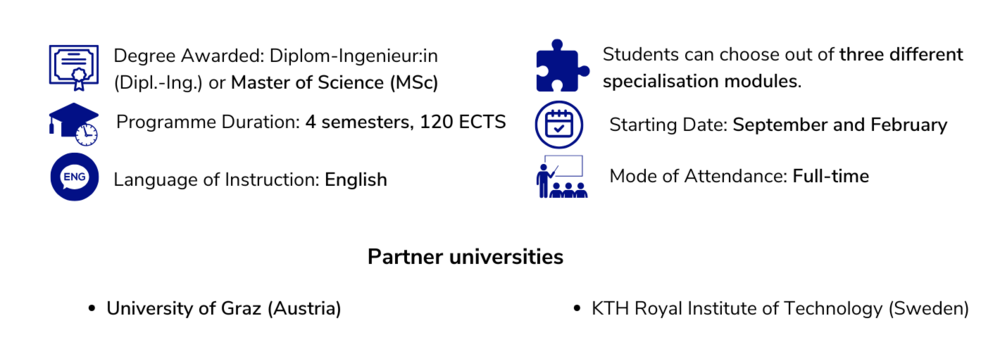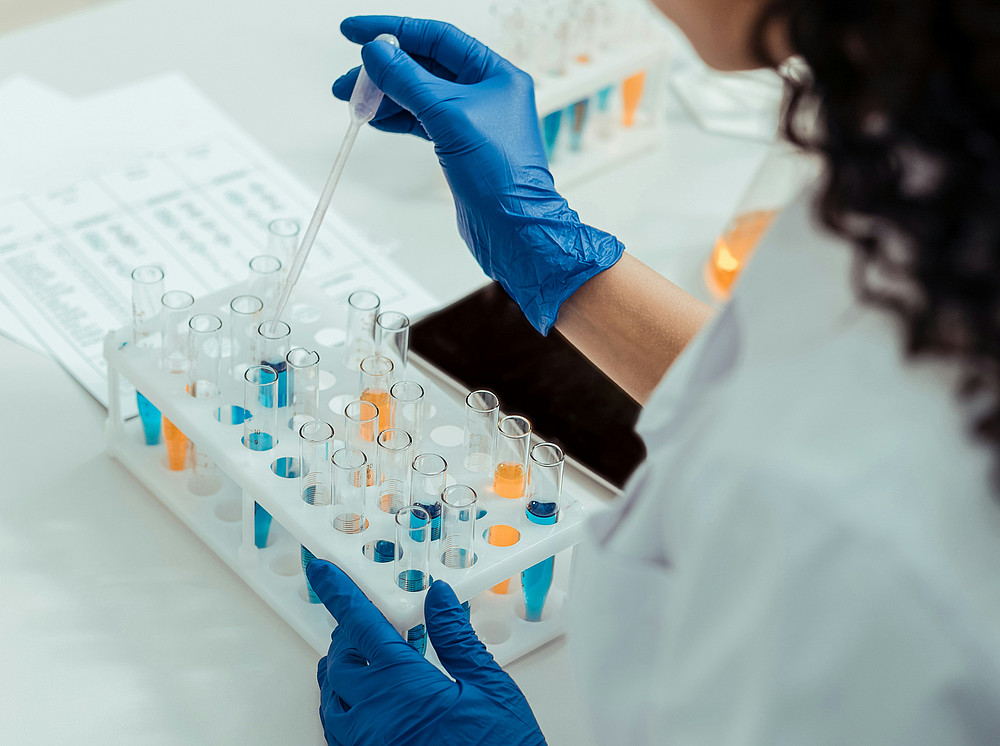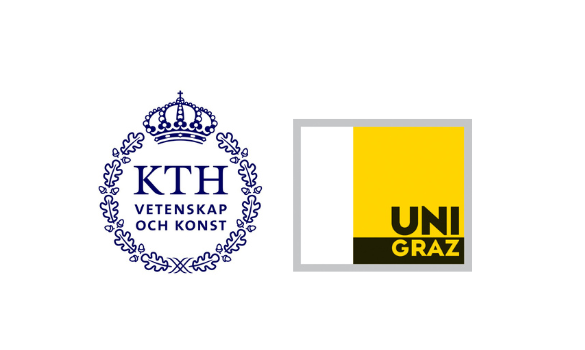Biotechnology is a highly interdisciplinary subject area, involving the use of biosystems to create applications for industry, agriculture, the environment and medicine. The distinguishing feature of this degree programme is the unique combination of the focal points of gene expression, protein production and biocatalysis, as well as the high number of practical laboratory courses.
Furthermore, this degree programme places particular emphasis on sustainability as it relates to the subject matter covered. This education provides students with both theoretical and practical state-of-the-art scientific knowledge. Students will learn working and analytical techniques in microbiology, molecular biology, biochemistry, genetic engineering, enzymology and fermentation technology. In addition to the focal point of gene expression, protein production and biocatalysis, students will also learn the basics in the area of environmental and food biotechnology.


Modules & Specialisation
The Master’s Degree Programme Biotechnology with a workload of 120 ECTS credit points covers four semesters and is structured into compulsory modules, elective modules, free-choice subjects, a master’s thesis and a master’s examination. The compulsory modules are:
Molecular Biotechnology and Bioinformatics: You will learn working and analytical techniques of cell, protein and metabolic engineering and become familiar with the use of methods for the computer-aided analysis of DNA and protein sequences.
Bioprocess Technology: You will acquire knowledge about the development and optimisation of modern bioprocesses.
Environmental and Food Biotechnology: You will become familiar with biotechnological processes used for the production of food and animal feed, as well as microbial and enzymatic processes applied in these areas.
Students can choose individual focal points in the following elective modules:
Enzyme and Protein Technology
Systems and Synthetic Biotechnology
Bioprocess Engineering
Environmental Biotechnology
Food Biotechnology
Degree & Career
Graduates are able to independently apply complex solutions in the fields of biotechnology. In particular, they are able to find corresponding jobs in industrial biotechnology, chemical manufacturing with biocatalytic processes, pharmaceutical research and production, food technology and processing, environmental biotechnology, in quality management and in the agricultural sector, as well as in relevant academic and non-academic research institutes and public authorities or institutions.

Mobility & Participating Universities
Students choose one of these universities as their entrance university where they start and finish the programme. Students complete their mandatory mobility semester at the participating partner university.
